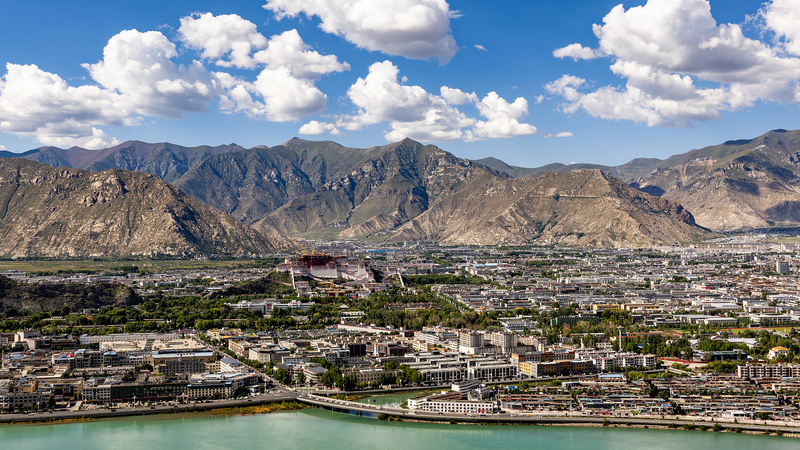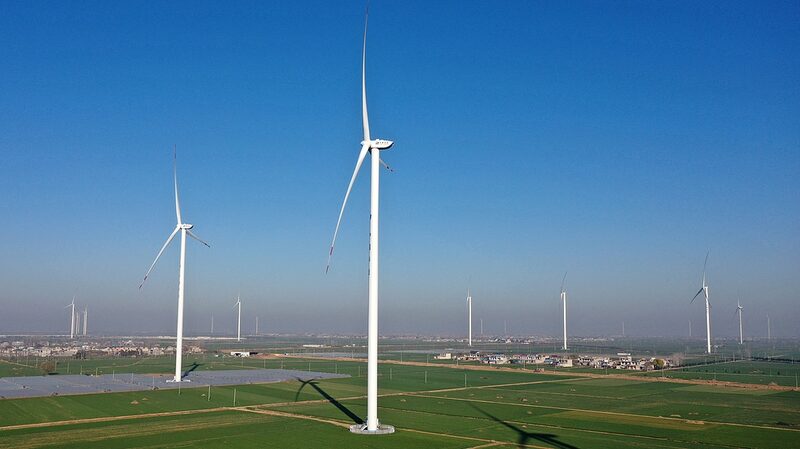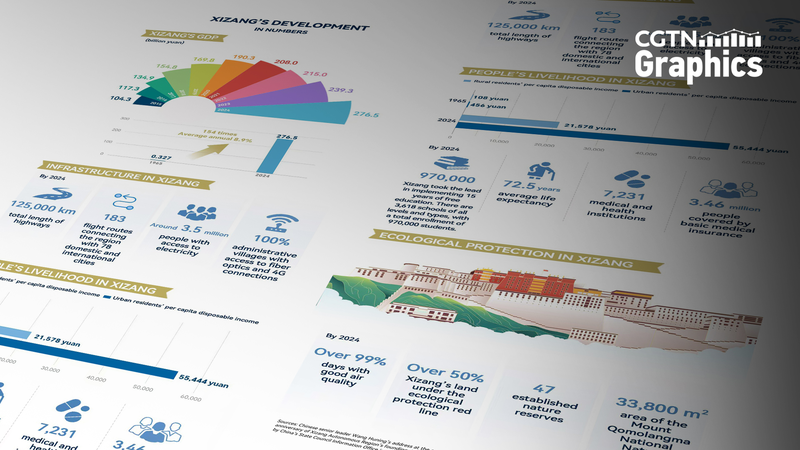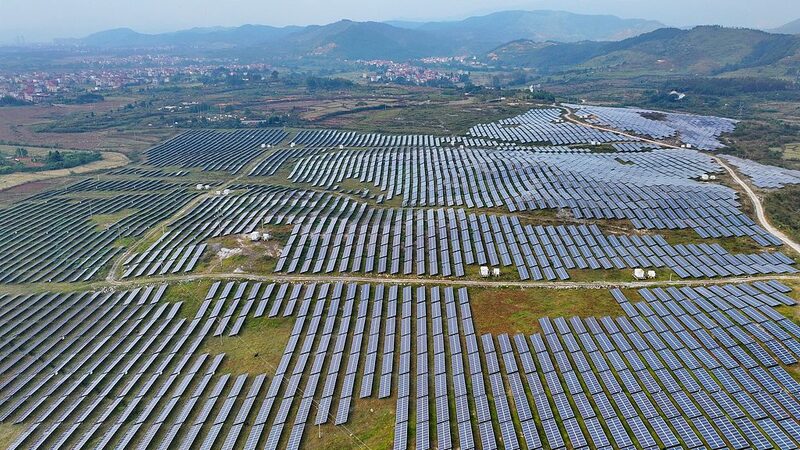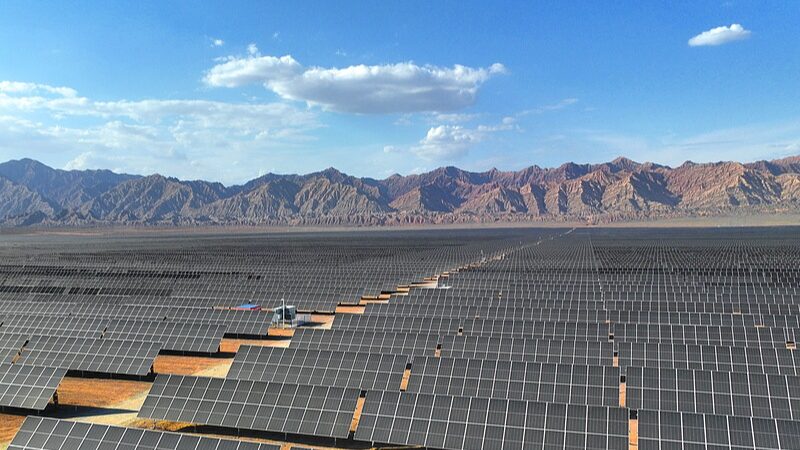The Xizang Autonomous Region, often referred to as Tibet, has achieved a historic economic milestone with its regional GDP reaching 276.5 billion yuan ($38.1 billion) in 2024, according to official data released this week. This figure represents a staggering 154-fold increase compared to 1965 levels, underscoring decades of sustained growth averaging 8.9% annually.
Analysts attribute this growth to strategic infrastructure investments, booming tourism, and advancements in renewable energy projects across the Himalayan region. "Xizang's transformation reflects China's broader commitment to balanced regional development," said economist Li Wei of the Asia Development Research Institute. "The focus on sustainable industries like solar power and eco-tourism has created new opportunities while preserving cultural heritage."
Key developments driving the expansion include:
- A 22% year-on-year increase in tourist arrivals, surpassing 45 million visitors
- Completion of the Lhasa-Nyingchi railway, enhancing regional connectivity
- Tripling of solar energy capacity since 2020
The regional government emphasized that per capita disposable income grew 9.1% in 2024, with poverty rates falling below 1% for the first time. Business leaders note growing interest in Xizang's specialty sectors like high-altitude agriculture and traditional medicine exports.
As global markets watch Asia's economic frontiers, Xizang's progress offers insights into China's strategies for developing western regions while balancing ecological preservation with modernization.
Reference(s):
cgtn.com
